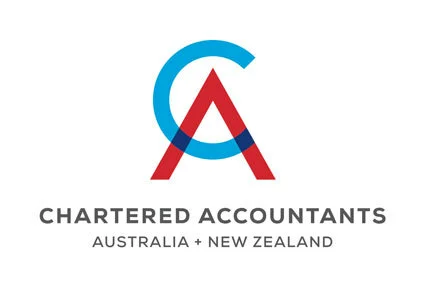Insolvencies go undetected, for now

As the Government begins to unwind special measures put in place to help businesses through the COVID-19 pandemic, business owners face some potential new challenges.
Your business could be financially exposed to ‘zombie’ companies that are relying on loan repayment deferrals, relaxed insolvency rules and extended payment times for survival.
Recent data from CreditorWatch shows the number of struggling businesses going into administration is 59 per cent lower than the average across 2019. Also, of the 105,000 loan deferrals granted to small and medium businesses on their bank loan, only 22 per cent have started making full repayments.
Normal Penalties and Obligations Suspended
Companies in financial distress have been thrown a further lifeline by the government’s decision to extend its current moratorium on insolvency actions until 31 December.
Under the moratorium, the timeframe before creditors can commence bankruptcy proceedings increased from 21 days to six months and the debt threshold for a bankruptcy notice rose to $20,000.
Directors of insolvent companies are also enjoying temporary relief from their normal personal liability to pay compensation for unpaid debts and from civil penalties of up to $200,000 under the Corporations Act.
Although these safe harbour rules have been good for businesses battling the COVID-19 challenge, the extension means some insolvent companies may continue to trade and threaten the viability of otherwise healthy businesses.
Avoid Infection by Creditors
Even if your company is not struggling, a zombie creditor can be a major threat to its financial stability.
The latest statistics show businesses are now taking almost three times as long to pay their bills, with payment times blowing out to an average of 43 days – 291 per cent higher than in August 2019.
Cashflow is the key to financial survival, so prolonged payment times could put your otherwise healthy business under significant financial strain. You need to safeguard your business by regularly performing detailed financial health checks.
Act Now
To ensure your business’s survival, closely monitor your credit situation. Regularly check your debt position, invoice promptly and follow up on any old debts.
It could also be time to review your credit policy and think about whether your credit conditions remain appropriate. Failing businesses often continue racking up debt, putting their suppliers at risk of collapse from unrecoverable debts when they are eventually wound up.
From 1 January 2020, the government plans to introduce a new streamlined insolvency framework featuring a ‘debtor in possession’ model, which will allow small businesses to keep trading under the control of their owners while a debt restructuring plan is developed.
When and if these plans are legislated, creditors will need to closely monitor their debtors to ensure they are forewarned of any potential problems.
Talk to your Lenders
If you are experiencing financial difficulties, now is the time to get on the front foot.
The major banks have already begun contacting business customers who took advantage of the repayment deferral to discuss whether they will be granted an extension.
If your business has not been repaying its loan, you need a plan. This could include restructuring or extending the length of your loan, converting it to interest-only payments for a period, or consolidating your debt.
As business accountants, we can help you develop a strategy to work through your situation or help create a restructuring plan. The key is to talk to us early.
Facing up to Insolvency
Even with a more flexible insolvency framework, it will be essential to regularly monitor your solvency, so you don’t accidentally trade while insolvent.
If you find yourself at risk of insolvency, it is vital to obtain professional advice quickly, as the penalties and personal liability could cost you both your business and your private assets.
While the proposed insolvency framework will give struggling small business owners a little more breathing room, it only provides a relatively short 20 business day period for a small business restructuring practitioner to develop a restructuring plan.
Creditors then have 15 business days to vote on the plan.
Failing to act straight away could harm your business, your creditors and your reputation, so talk to us early about your options.
Call Scott Partners Business Accountants if you would like help safeguarding your business and your personal assets.







